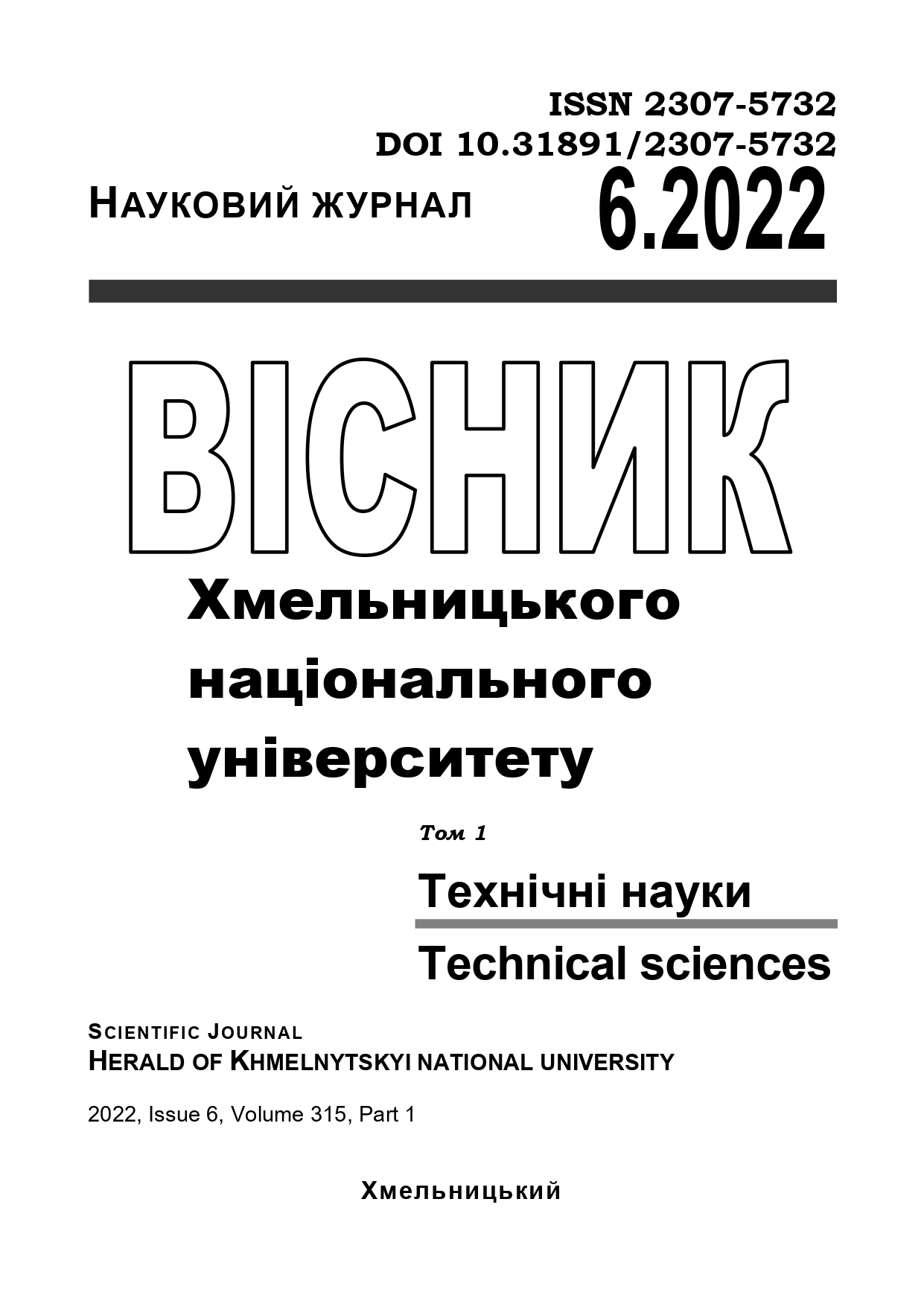МЕТОД ОЦІНКИ ОБ’ЄКТНО-ОРІЄНТОВАНИХ ПРОГРАМНИХ СИСТЕМ НА ОСНОВІ АНАЛІЗУ ЗМІНИ ВИМОГ ДО ПРОГРАМНОЇ СИСТЕМИ
DOI:
https://doi.org/10.31891/2307-5732-2022-315-6-77-81Ключові слова:
об’єктно-орієнтована архітектура, аналіз, оцінка, програмна система, зміна алгоритму аналізу впливу, наслідування функціональностіАнотація
Добре відомий факт, що технічне обслуговування програмного забезпечення відіграє важливу роль і набуває важливого значення в життєвому циклі програмного забезпечення. Оскільки об’єктно-орієнтоване програмування давно вже стало стандартом, дуже важливо розуміти проблеми підтримки об'єктно-орієнтованих програмних систем та спосіб виявлення їх потенційних місць виникнення. Ця стаття спрямована на оцінку об'єктно-орієнтованих систем за допомогою аналізу зміни вимог до програмної системи. Основні проблеми порушені в статті: покращення алгоритму аналізу впливу зміни не функціональних вимог до програмної системи на функціональні та їх наслідування.
Попит на ефективне програмне забезпечення зростає з кожним днем, і впровадження об’єктно-орієнтованого проектування програмних систем здатне задовольнити цей попит, оскільки це, мабуть, найпотужніший механізм розробки ефективних програмних систем. Це може допомогти не тільки зменшити витрати, але й розробити високоякісне системне програмне забезпечення. Розробникам програмного забезпечення потрібні відповідні показники для розробки ефективної системи програмного забезпечення. Ця стаття спрямована на дослідження методів оцінки об’єктно-орієнтованої програмної системи за допомогою аналізу впливу змін функціональних вимог до програмного забезпечення за допомогою не функціональних вимог.
Незважаючи на те, що об’єктно-орієнтований підхід має багато переваг, а також він є найпоширенішим зараз та буде таким у майбутньому, його практичність буде доведена лише тоді, коли аспекти управління процесом розробки програмного забезпечення за допомогою цієї методології буде ретельно розглянуто. Саме тут показники програмного забезпечення відіграють важливу роль, забезпечуючи краще планування, зменшення ризиків, раннє виявлення потенційних проблем, оцінку якості та ефективності. У цій статті пропонується набір показників, які найкраще підходять для оцінки використання основних концепцій об’єктно-орієнтованої парадигми, таких як наслідування, інкапсуляція, поліморфізм та повторне використання коду, які однозначно відповідають за підвищення якості програмного забезпечення та продуктивності розробки.
Завантаження
Опубліковано
Номер
Розділ
Ліцензія
Авторське право (c) 2022 Едуард ДЗЮРБАН, Оксана ЯШИНА (Автор)

Ця робота ліцензується відповідно до ліцензії Creative Commons Attribution 4.0 International License.

